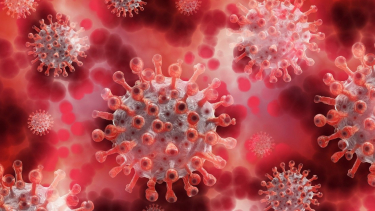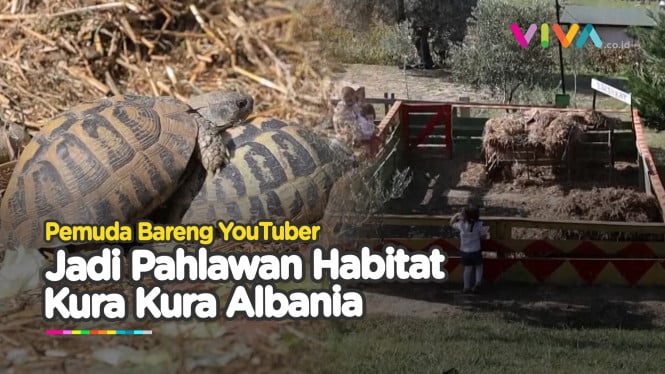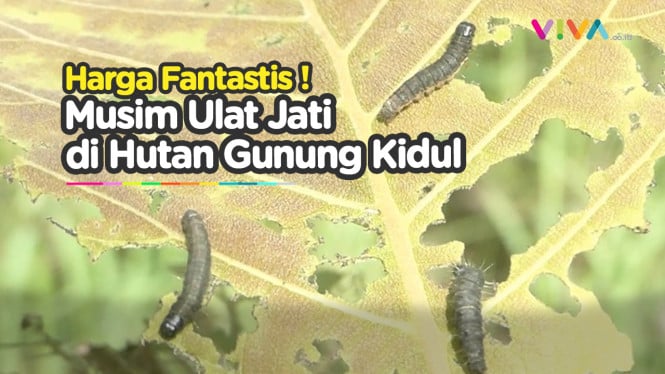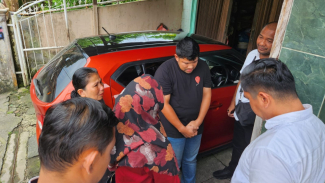Zombie Virus Starts Melting in Arctic, Is It Dangerous for Humans?
- Pixabay
VIVA – The thawing of the permafrost in the Siberian Arctic due to climate change and global warming could unleash ancient viruses or known as Zombie viruses that have been lying dormant for millions of years in the frozen earth.
While this may sound like a science fiction scenario, researchers have already resurrected several viruses from permafrost dating back more than 48,000 years, proving that prehistorical viruses can remain infectious.
Seeing that our immune system might not be adept to handle these viruses, an expert said “It’s correct to have respect for the situation and be proactive and not just reactive. And the way to fight fear is to know."
What is permafrost?
Permafrost is a layer of soil, sediment, or rock that remains at or below freezing temperatures (0°C or 32°F) for two or more consecutive years. It is typically found in high-latitude or high-altitude regions, such as the Arctic, Antarctica, and mountainous areas.
Permafrost is composed of ice and frozen soil, which can be several meters thick. It plays an important role in the Earth's climate system because it stores large amounts of carbon and methane, which can be released into the atmosphere if the permafrost thaws. This can contribute to global warming and further permafrost thawing, creating a feedback loop.
Ilustrasi virus.
- U-Report
What is the Zombie virus?
Some microbes in permafrost can go into an inactive state called “cryptobiosis", allowing them to come alive in the right conditions, including when permafrost thaws.
These microbes known as "zombie viruses" by researchers, are a public health threat as Arctic temperatures are warming up to four times faster than the rest of the planet, causing permafrost to thaw.
French researcher Jean-Michel Claverie has been studying zombie viruses and has successfully revived viruses from permafrost that target only amoebas. Claverie and his team have isolated several strains of the virus from permafrost taken from seven different places in Siberia and showed that they could each infect cultured amoeba cells.
Can Zombie virus becomes a threat to humans?
Ilustrasi: perilaku zombie pada penderita Sindrom Cotard
- U-Report
While the risk of human exposure to ancient viruses is currently low due to the sparse population in the Arctic, the threat is bound to increase as permafrost thawing keeps accelerating.
The influenza strain responsible for the 1918 pandemic was found preserved in permafrost, as was smallpox DNA in 300-year-old mummies from Siberia. Thawing permafrost was also linked to a massive anthrax outbreak in Russia in 2016.
The immune systems of humans may not be adept at handling pathogens from the past, and antibiotic-resistance genes have been found in permafrost.
Therefore, Birgitta Evengard, professor emerita at Umea University’s Department of Clinical Microbiology in Sweden, conveyed there should be better surveillance of the risk posed by potential pathogens in thawing permafrost, but warned against an alarmist approach.
“You must remember our immune defense has been developed in close contact with microbiological surroundings," Evengard explained.





























